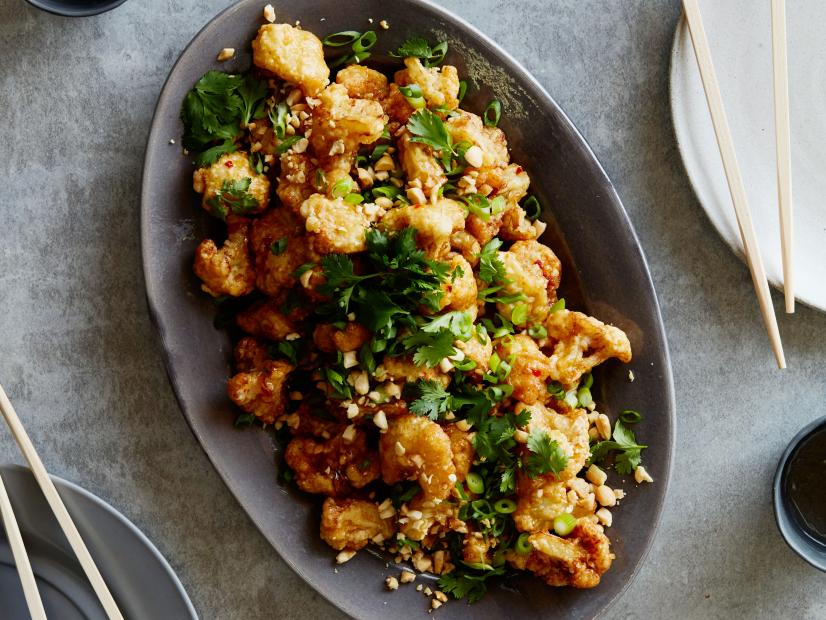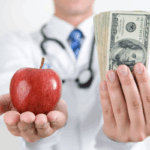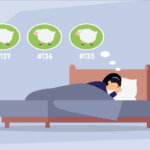We’ve heard of prescription drug interactions (with other drugs), but did you know there are food-drug interactions too? Particular combinations can affect both the efficacy (doing what it’s supposed to) and side effects of the medication, as well as how the body metabolizes the food. Some common food-drug interactions include*:
Food
Drug Type
Effect in Combination
1. Vitamin K (green, leafy vegetables)
Aspirins, warfarin
Decreased effectiveness in how well the drug thins the blood
2. Grapefruit juice
Statins, calcium channel blockers, erectile dysfunction (ED) drugs, chemotherapies, immune-suppressing drugs, allergy medications
Greater side effects; fluctuating levels of medication in the body
3. Dairy
Antibiotics
Decreased effectiveness in how the drug is absorbed.
4. Alcohol
Insulin/oral diabetic pills
Acetaminophen
Antihistamines
Acetaminophen
Antihistamines
Lower blood sugar
Chance of severe liver damage
Increased drowsiness
Chance of severe liver damage
Increased drowsiness
5. Amino acid: tyramine (smoked/cured meats, beer/ wine, fermented foods, soy products, very ripe bananas, chocolate, aged cheeses)
MAOIs
Sudden, dangerous increase in blood pressure
6. Potassium (bananas, avocados, tomatoes, dried apricots, potatoes, spinach, white beans)
ACE inhibitors
Heart arrhythmias
7. High-fiber foods (soybean flour, walnuts
Levothyroxine & Digoxin
Decreased effectiveness
8. Mayonnaise & canola/ soybean/olive oils
Warfarin
Decreased effectiveness
9. Protein (mean & fish)
Dopamine promoters
Decreased absorption
10. St. John’s wort (herbal teas, supplements)
Statins, ED drugs, digoxin
Decreased effectiveness
11. Caffeine
Drugs that stimulate the central nervous system (like amphetamines & modafinils)
Amplified effectiveness
This recipe should be safe for most: Kung Pao Cauliflower*
*Not an exhaustive list; always consult your physician with questions related to your specific health condition(s).
Sources: Blanchard Valley Health Systems; AARP Health; U.S. News Health











